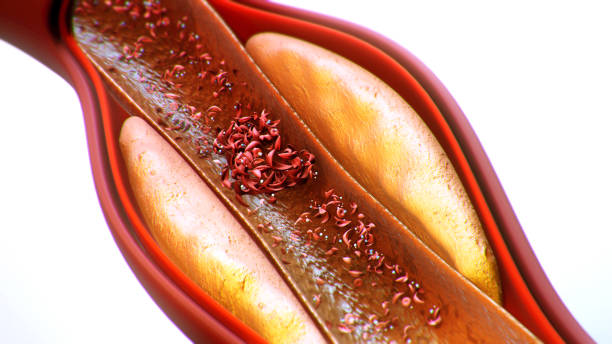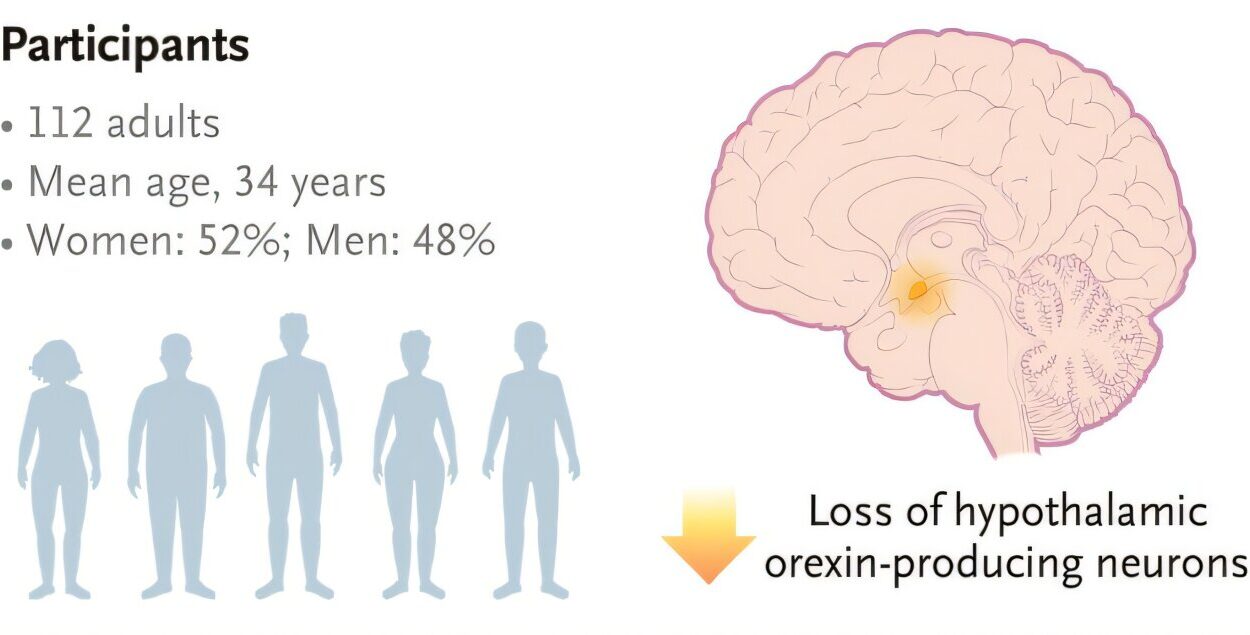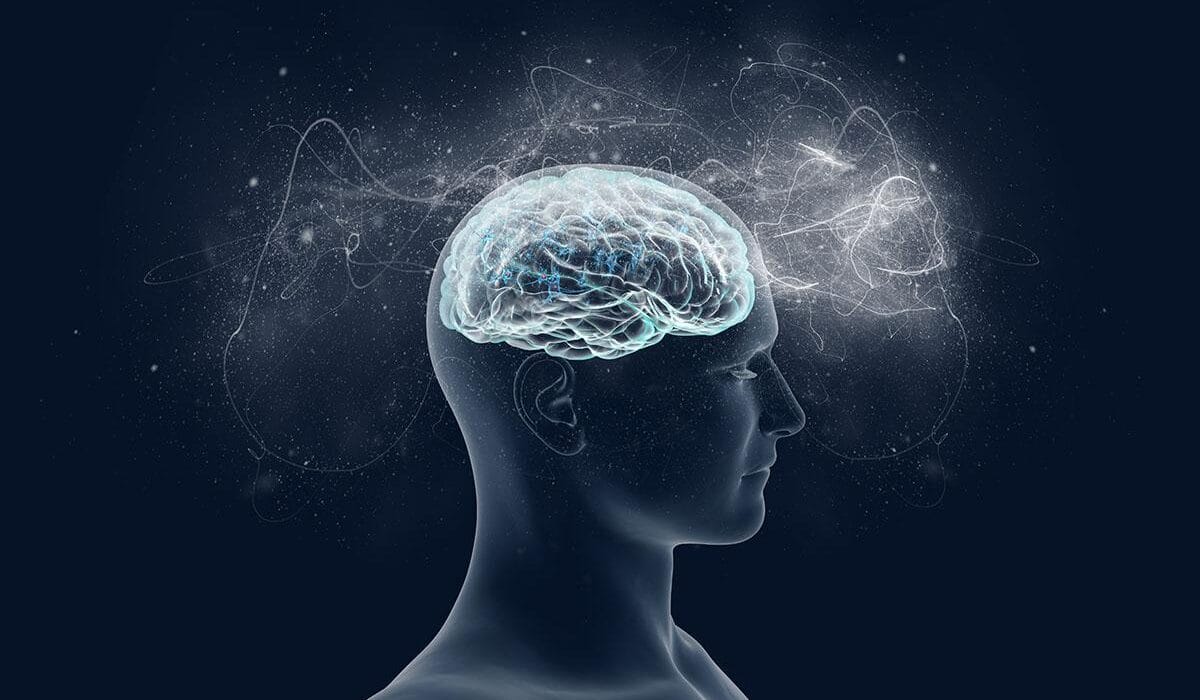In today’s fast-paced world, our attention is constantly under attack. Notifications buzz, emails flood in, social media tempts us with endless scrolling, and our to-do lists seem to multiply by the minute. For many, the ability to focus feels like an increasingly rare skill, almost like a superpower. Yet, focus and concentration are not fixed traits—they can be trained, strengthened, and improved.
Improving concentration naturally means working with the brain’s biology, psychology, and environment rather than relying on quick fixes like stimulants or artificial aids. It’s about understanding what focus truly is, why it slips away, and how we can cultivate it in sustainable, healthy ways.
This article will explore the science of attention, the factors that weaken it, and the evidence-based strategies that can naturally sharpen focus. By the end, you’ll not only understand the mechanics of concentration but also have practical tools to transform your ability to stay present, productive, and engaged.
What Is Focus, Really?
Focus is the brain’s ability to direct attention toward a specific task or stimulus while filtering out distractions. Concentration, on the other hand, is the sustained effort to maintain that focus over time. Together, they form the foundation of productivity, learning, and creativity.
Neuroscientifically, focus involves networks in the prefrontal cortex—the brain’s “executive center”—which governs decision-making, impulse control, and working memory. When you concentrate, billions of neurons fire in coordinated patterns, strengthening the connections that allow you to solve problems, recall information, or create something new.
But focus is not unlimited. The brain consumes about 20% of the body’s total energy at rest, and sustained concentration requires significant glucose and oxygen. This is why mental fatigue feels so draining—because it literally is.
Why Modern Life Destroys Focus
Our brains evolved in environments where attention was essential for survival: spotting predators, tracking prey, finding food. But modern environments overload us with stimuli, hijacking our attention systems in ways they were never designed to handle.
Some of the biggest enemies of focus include:
- Digital distractions: Every notification delivers a tiny hit of dopamine, making our brains crave constant novelty.
- Multitasking: Though it feels productive, switching between tasks reduces efficiency and weakens concentration.
- Stress: Chronic stress floods the brain with cortisol, impairing memory and focus.
- Poor sleep: Sleep deprivation reduces attention span, reaction time, and cognitive flexibility.
- Sedentary lifestyle: Lack of physical activity weakens blood flow and energy supply to the brain.
The good news? These factors are modifiable. By making natural, science-based changes to how we live, we can dramatically improve our ability to focus.
Nutrition for Focus: Fueling the Brain
The brain is an energy-hungry organ, and what we eat has a direct impact on how well it performs. Certain nutrients support concentration by enhancing blood flow, neurotransmitter balance, and neural protection.
Omega-3 Fatty Acids
Found in fatty fish, walnuts, and flaxseeds, omega-3s strengthen cell membranes in the brain and improve communication between neurons. Studies show they enhance memory, learning, and overall cognitive function.
Antioxidants
Blueberries, dark chocolate, green tea, and leafy greens are packed with antioxidants like flavonoids, which protect neurons from oxidative stress and improve blood flow to the brain.
Complex Carbohydrates
Unlike sugary snacks that cause spikes and crashes, whole grains and fiber-rich foods provide a steady release of glucose—the brain’s primary fuel.
Hydration
Even mild dehydration reduces attention span and short-term memory. Drinking water consistently throughout the day keeps the brain functioning optimally.
Caffeine—Used Wisely
Caffeine enhances alertness by blocking adenosine, a neurotransmitter that promotes sleepiness. But too much leads to jitters and dependency. The key is moderation: one to two cups of coffee or tea can sharpen focus without negative effects.
The Role of Sleep in Concentration
Sleep is not wasted time—it’s the foundation of mental performance. During deep and REM sleep, the brain consolidates memories, clears out toxins, and resets neurotransmitter systems.
Chronic sleep deprivation impairs attention, slows reaction times, and disrupts emotional regulation. Even one night of poor sleep reduces concentration the next day.
To optimize focus, aim for 7–9 hours of quality sleep per night. Natural sleep strategies include:
- Maintaining a consistent sleep schedule
- Avoiding screens before bed (blue light suppresses melatonin)
- Keeping the bedroom cool and dark
- Using relaxation techniques like deep breathing or meditation before sleep
Exercise: Moving for Mental Clarity
Physical activity is one of the most powerful natural tools for improving focus. Exercise increases blood flow, oxygen, and growth factors that nourish brain cells.
Aerobic exercise, like running, cycling, or swimming, has been shown to improve memory, attention, and executive function. Even short bouts—like a brisk 10-minute walk—can immediately boost concentration.
Strength training and yoga also support focus by reducing stress, balancing hormones, and improving body awareness. The best approach is consistency: regular movement throughout the week keeps the brain sharp.
Stress and Its Impact on Focus
Stress is perhaps the greatest thief of attention. While acute stress can sharpen focus temporarily (think of the adrenaline rush before a deadline), chronic stress floods the brain with cortisol, which damages neurons in the hippocampus and prefrontal cortex—areas essential for memory and concentration.
Natural ways to reduce stress and protect focus include:
- Mindfulness meditation: Trains the brain to stay in the present moment, reducing rumination and improving attention.
- Breathwork: Slow, deep breathing activates the parasympathetic nervous system, lowering stress hormones.
- Nature exposure: Time in green spaces has been shown to restore attention and improve mood.
- Social connection: Supportive relationships buffer against the negative effects of stress on cognition.
Mindfulness and Meditation: Training the Brain
Meditation is often described as “weightlifting for the brain.” Regular practice strengthens networks involved in attention regulation and emotional control.
Scientific studies show that mindfulness meditation increases gray matter density in the prefrontal cortex and hippocampus. It improves sustained attention, working memory, and the ability to resist distractions.
Even a few minutes a day can make a difference. Simple practices include:
- Focused breathing: Paying attention to the breath, and gently bringing the mind back when it wanders.
- Body scan: Moving awareness through different parts of the body, noticing sensations.
- Mindful walking: Bringing attention to each step and the feeling of movement.
Building an Environment for Focus
Our surroundings shape our ability to concentrate. By designing environments that minimize distractions and promote calm, we can make focus the default.
Declutter Your Space
A messy environment competes for attention. A clean, organized workspace signals the brain that it’s time for focus.
Control Digital Distractions
Turn off non-essential notifications, use website blockers, or set “do not disturb” times. Batch-checking emails and messages reduces constant interruptions.
Use Light and Sound Wisely
Natural light enhances alertness, while dim lighting can make you sluggish. Some people focus better with white noise or instrumental music, while others need silence.
Temperature Matters
Studies show that concentration declines when environments are too hot or too cold. A comfortable, slightly cool room is ideal.
Training Focus Like a Muscle
Focus strengthens with practice. Just as physical muscles grow with exercise, mental concentration improves with consistent training.
The Pomodoro Technique
Work for 25 minutes, then take a 5-minute break. This trains the brain to work in focused sprints while preventing fatigue.
Single-Tasking
Instead of juggling multiple tasks, devote your full attention to one thing at a time. Multitasking reduces efficiency and increases mistakes.
Attention Training Games
Puzzles, memory games, and certain brain-training apps can sharpen working memory and attention control. However, real-life tasks like learning a new skill, playing music, or practicing a language are even more effective.
The Role of Purpose and Motivation
Focus is not only a biological process—it’s also driven by meaning. When we care deeply about what we’re doing, concentration comes naturally. Motivation fuels attention, while boredom drains it.
Finding purpose in tasks—whether through personal passion, alignment with values, or a sense of contribution—can transform focus. Setting clear goals, breaking big tasks into smaller steps, and celebrating progress all enhance motivation and concentration.
Natural Supplements and Herbal Support
Certain natural substances have been studied for their potential to enhance focus and cognition:
- Ginkgo biloba: May improve blood flow to the brain and enhance memory.
- Rhodiola rosea: An adaptogen that reduces fatigue and improves mental performance under stress.
- Bacopa monnieri: Traditionally used in Ayurvedic medicine, shown to support memory and learning.
- Green tea (L-theanine + caffeine): Provides calm alertness without the jitters of coffee.
While these may help, they are not magic bullets. Their effects are often modest compared to lifestyle changes like diet, exercise, and sleep. Always consult a professional before adding supplements.
Focus Across the Lifespan
The ability to concentrate changes throughout life.
- Children: Need structured environments and limited screen time to develop attention. Outdoor play and curiosity-driven learning strengthen focus.
- Teenagers: Hormonal changes and digital distractions challenge concentration. Adequate sleep and mindfulness training are especially important.
- Adults: Work stress, multitasking, and sleep deprivation often undermine focus. Balanced routines restore clarity.
- Older adults: Cognitive changes may reduce attention span, but mental exercises, physical activity, and social engagement can preserve sharpness.
The Bigger Picture: Focus as a Way of Living
Improving concentration naturally is not about hacking the brain with tricks—it’s about cultivating a way of living that supports clarity. When we nourish our bodies, calm our minds, build meaningful connections, and align with purpose, focus follows.
It’s a practice, not a destination. Some days, distractions will win; other days, concentration will flow effortlessly. The key is consistency—returning again and again to the present moment, training the mind to be where the body is.
Conclusion: Reclaiming the Power of Attention
In a world designed to scatter our thoughts, choosing to focus is a radical act. Concentration allows us to learn deeply, create meaningfully, connect authentically, and live fully. It is the gateway to mastery, to joy, and to presence.
Improving focus naturally does not happen overnight. It requires patience, practice, and care for the body, mind, and environment. But each step—from drinking more water to meditating for five minutes, from taking a walk in nature to turning off a single notification—brings us closer to the clarity we seek.
Ultimately, focus is not just about productivity; it’s about reclaiming our attention from the noise of the world and directing it toward what truly matters.






